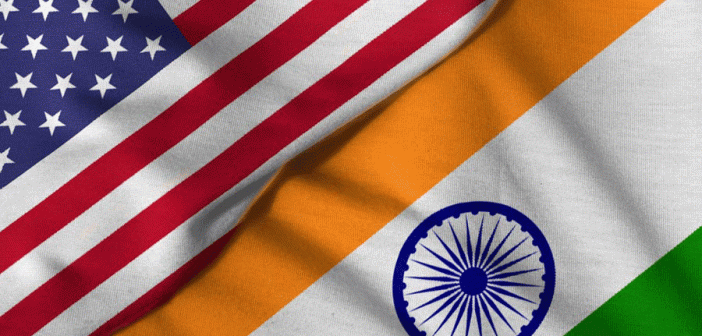As the 2024 U.S. elections approach, global investors and markets are closely watching for potential disruptions. However, when it comes to India, the elections in the U.S. are unlikely to have any major impact on its economy for several reasons.
1. Stable Trade Relations
India’s trade relationship with the U.S. has grown stronger over the years, becoming more resilient to political shifts. The key sectors driving this growth—such as technology, pharmaceuticals, and textiles—are driven by economic necessities rather than political decisions. Regardless of who wins the U.S. election, these industries have deep economic interdependence. For instance, India exported goods worth $87 billion to the U.S. in 2022, making the U.S. one of its top trade partners. Shifts in trade policy, if any, are unlikely to significantly derail this trajectory.
2. Independent Economic Policies
India’s economic policy decisions, especially under Prime Minister Narendra Modi, are increasingly inward-focused. India’s vision for becoming a $5 trillion economy by 2025 largely depends on domestic reforms, infrastructure development, and initiatives like “Make in India” and “Atmanirbhar Bharat” (self-reliant India). These initiatives are immune to external political cycles, including U.S. elections.
Furthermore, the Reserve Bank of India’s monetary policy is more influenced by domestic inflationary concerns and fiscal policy rather than by fluctuations in the U.S. market or political shifts. While global interest rates may fluctuate post-election, the overall impact on India’s financial sector would remain moderate due to India’s diverse portfolio of trade and strategic partnerships.
3. Diversification in Foreign Policy
India’s foreign policy has evolved from a U.S.-centric model to a multipolar approach, engaging with multiple global powers like Russia, the EU, and Japan. This diversification reduces its dependence on U.S. political outcomes. Additionally, India’s participation in platforms like BRICS and its leadership in the Global South further insulates it from any singular nation’s electoral cycle.
4. Technology and Investment Ties
While U.S. tech giants like Google, Apple, and Amazon play a huge role in India’s digital economy, their investments and business decisions are largely influenced by market dynamics, consumer demand, and technological advancement rather than U.S. political outcomes. The Indian tech sector, contributing about 8% of India’s GDP, is now expanding beyond outsourcing to fields like artificial intelligence, cybersecurity, and cloud computing. Even with new U.S. administration policies, this sector is poised to maintain its trajectory of growth.
5. Financial Markets
Historically, U.S. elections have caused short-term fluctuations in global stock markets, but these movements have often been temporary. According to Goldman Sachs research, while election cycles in the U.S. do create a degree of uncertainty, their effects on markets tend to be short-lived, and investors usually adjust quickly post-election. The same is true for Indian markets. Major indices like the Nifty 50 and Sensex are more influenced by global liquidity, oil prices, and domestic growth data than by U.S. political changes. Even during previous U.S. election cycles, Indian markets have shown resilience.
Conclusion
While the 2024 U.S. presidential election will undoubtedly generate short-term speculation in global markets, the long-term impact on India is expected to be minimal. India’s economic growth, driven by domestic policies, a diversified foreign strategy, and robust trade sectors, ensures that it remains largely insulated from U.S. political cycles.





